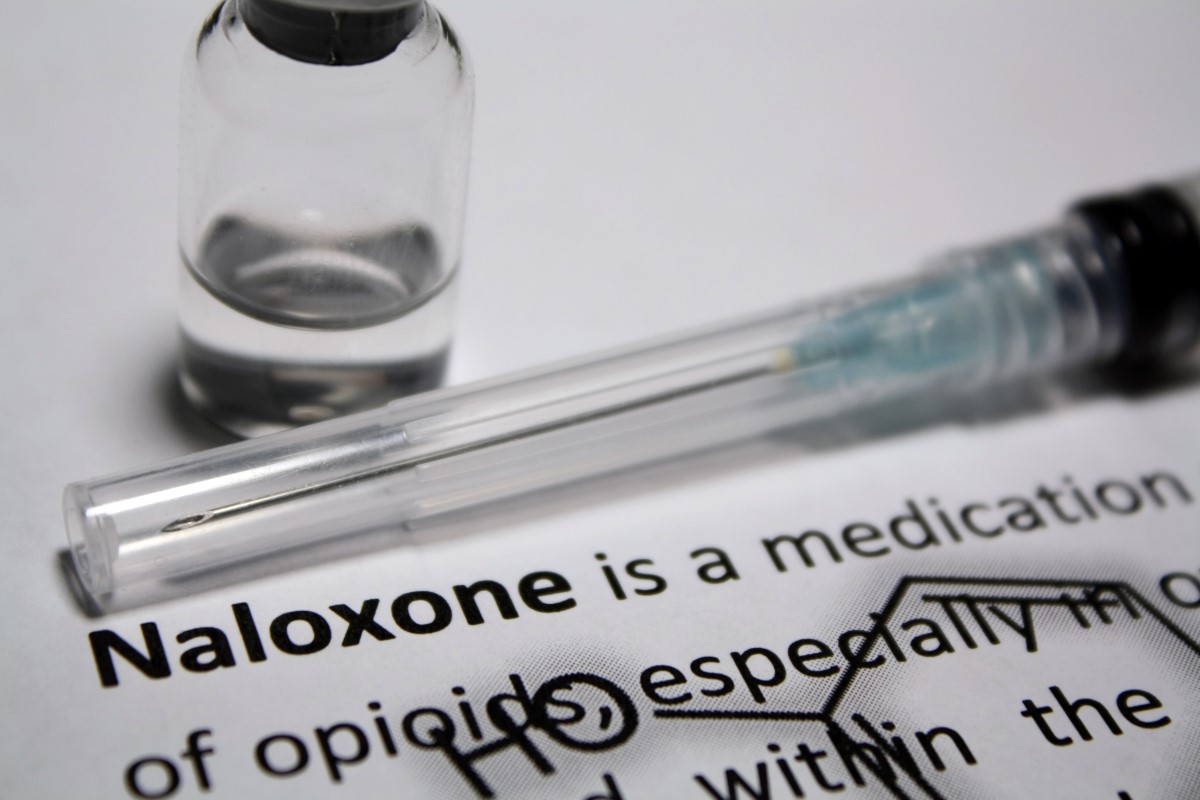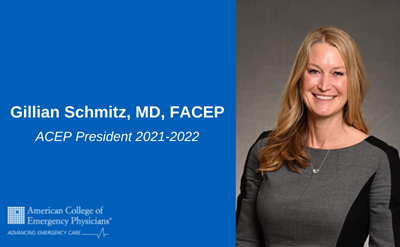WASHINGTON, D.C.—Emergency visits due to suspected opioid overdoses increased 29.7 percent from the third quarter of 2016 to the third quarter of 2017, according to a Centers for Disease Control and Prevention (CDC) Vital Signs analysis of near real-time data from emergency departments.
Emergency physicians have a “unique opportunity to engage in prevention of a future overdose, particularly for patients who may not have had other contact with the health care system,” according to Debra Houry, MD, MPH, Director of the National Center for Injury Prevention and Control at CDC, writing in an editorial published in Annals of Emergency Medicine.
The American College of Emergency Physicians (ACEP) supports two recently introduced bills in Congress that would improve patient access to appropriate treatment.
The “Alternatives to Opioids in the Emergency Department Act” (H.R. 5197) is sponsored by Reps. Bill Pascrell (D-N.J.), David McKinley (R-W.Va.,), Diana DeGette (D-Colo.,), and Scott Tipton (R-Colo.,). This bill would provide $30 million over three years to help establish a demonstration program to test alternative pain management protocols to limit the use of opioids in the emergency department. The Senate version (S.2516) was introduced by Sens. Cory Booker (D-N.J.), Shelley Moore Capito (R-W.Va.,), Mike Bennet (D-Colo.,), and Cory Gardner (R-Colo.,).
ALTO has been successful in states like Colorado, where a program involving 10 emergency departments collectively cut opioid prescribing by an average of 36 percent.
“The number one reason people seek emergency care is because of legitimate pain,” said Paul Kivela, MD, MBA, FACEP, president of ACEP. “This legislation will help ensure the ALTO program is made available to more patients, in more hospitals, in more states and will help prevent opioid addiction from starting, while still insuring patients’ pain is managed.”
ACEP also supports the “Preventing Overdoses While in Emergency Rooms Act of 2018” (H.R. 5176), sponsored by Reps. David McKinley (R-W.Va.,) and Mike Doyle (D-P.a.,). This bill would provide grants to establish policies and procedures for administering Medication-Assisted Treatment (MAT) and develop best practices for care coordination.
“The MAT protocol helps close gaps in opioid overdose treatment, especially for patients who cannot or do not access addiction resources in their community. Administering the initial dose of medication in the emergency department gives patients a much greater chance of successfully completing their treatment and getting their lives back, which is good for them, their families and their communities,” said Dr. Kivela.
In her op-ed, Dr. Houry cites success with several state-level emergency department interventions. And, previous separate research published in Annals of Emergency Medicine found that the emergency departments’ share of opioid prescribing is already small and continues to decline.
In Washington state, prescription drug monitoring program (PDMP) integration with electronic health records resulted in more than two million queries which can help flag patients at risk for misuse or overdose.
In Rhode Island, emergency departments are teaming with state public health agencies, community organizations and others to distribute naloxone kits that include overdose prevention education, counseling resources, treatment referrals, and other support tools that extend after discharge and through recovery.
“Emergency departments are vital partners in opioid overdose prevention, treatment, and recovery. Our physicians are working to appropriately prescribe, enhance available data, increase education and encourage more collaborative care models,” said Dr. Kivela. “These initiatives can make a difference by saving lives and lowering costs—but we have much further to go.”
 American College of Emergency Physicians
American College of Emergency Physicians







